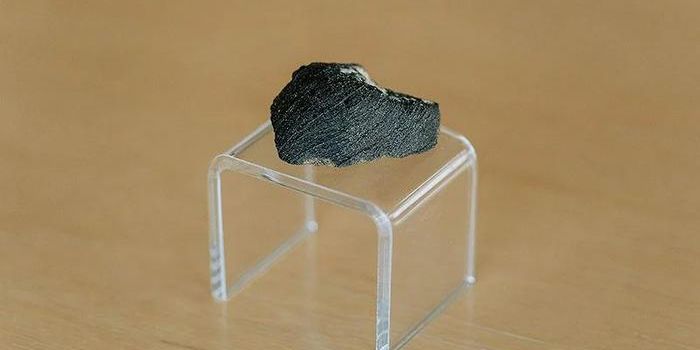A Video Game That Teaches Empathy

Can a video game build positive growth for children? According to a study published in the Science of Learning (a Nature journal), a video game exploring a robot that crashed on a distant planet is teaching children how to be more empathetic. In the video game, called the "Crystals of Kaydor”, the robot needs to build a relationship on trust with local alien inhabitants but the only issue is the aliens speak a different language but display remarkable human-like facial expressions.
The game, developed primarily for middle-school aged children by researchers in the University of Wisconsin-Madison, is believed to change neural connections in the brain. The study explains that as little as two weeks children who played the game showed greater connectivity in brain networks related to empathy and perspective taking. Additionally, other players showed altered neural networks known to be linked to emotion regulation, a crucial skill in pre-teenaged children. "The realization that these skills are actually trainable with video games is important because they are predictors of emotional well-being and health throughout life, and can be practiced anytime -- with or without video games," says Tammi Kral, a UW-Madison graduate student.
Richard Davidson, a professor of psychology at UW-Madison, says that empathy is the first step in a sequence that leads to prosocial behavior, like helping others in need. "If we can't empathize with another's difficulty or problem, the motivation for helping will not arise," says Davidson, who led the research team. "Our long-term aspiration for this work is that video games may be harnessed for good and if the gaming industry and consumers took this message to heart, they could potentially create video games that change the brain in ways that support virtuous qualities rather than destructive qualities."
According to Kaiser Family Foundation, young people between the ages of 8 and 18 play on average of more than 70 minutes of video game per day. The need for gameplay at this age occurs doing the same time brain growth is spiking and when children are more susceptible to depression, anxiety, and bullying. Researchers wanted to learn more about ways to utilize video games as a resource for positive emotional development during this critical period of development. The study assigned 150 middle-school aged children in two groups and compared results. One group played the developed game called "Crystals of Kaydor," which was created for the study with intentions of teaching empathy. The second group played a commercially available video game called "Bastion", but it does not target empathy.
"The fact that not all children showed changes in the brain and corresponding improvements in empathic accuracy underscores the well-known adage that one size does not fit all," says Davidson. "One of the key challenges for future research is to determine which children benefit most from this type of training and why."
Sources: University of Wisconsin-Madison, Science Daily








